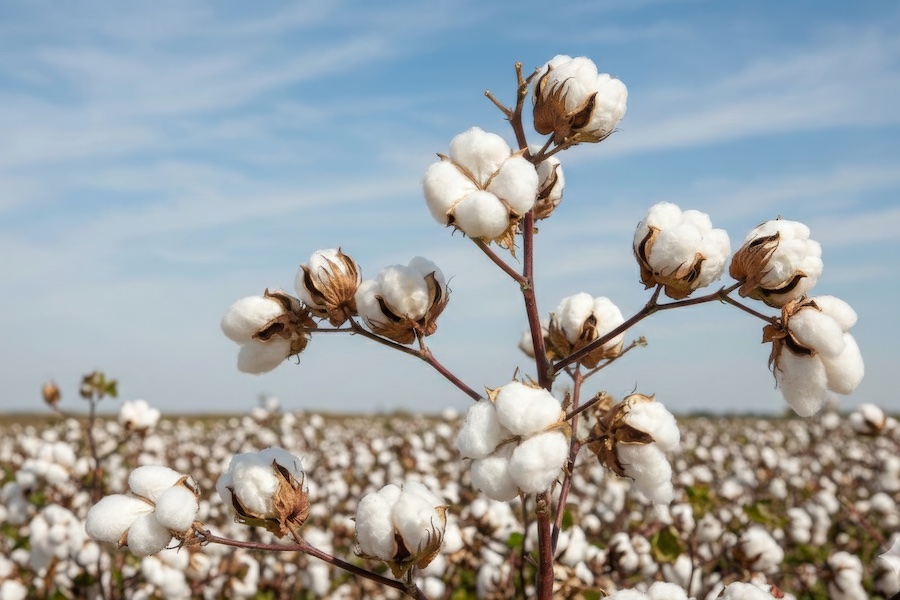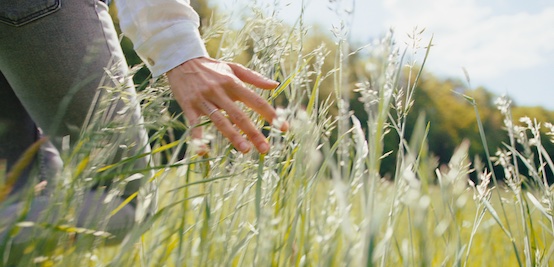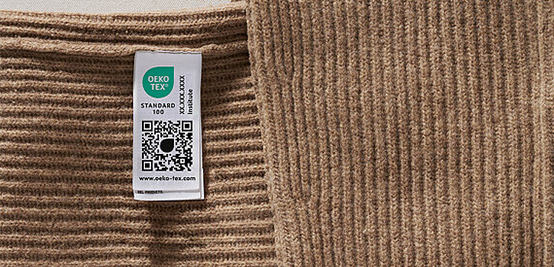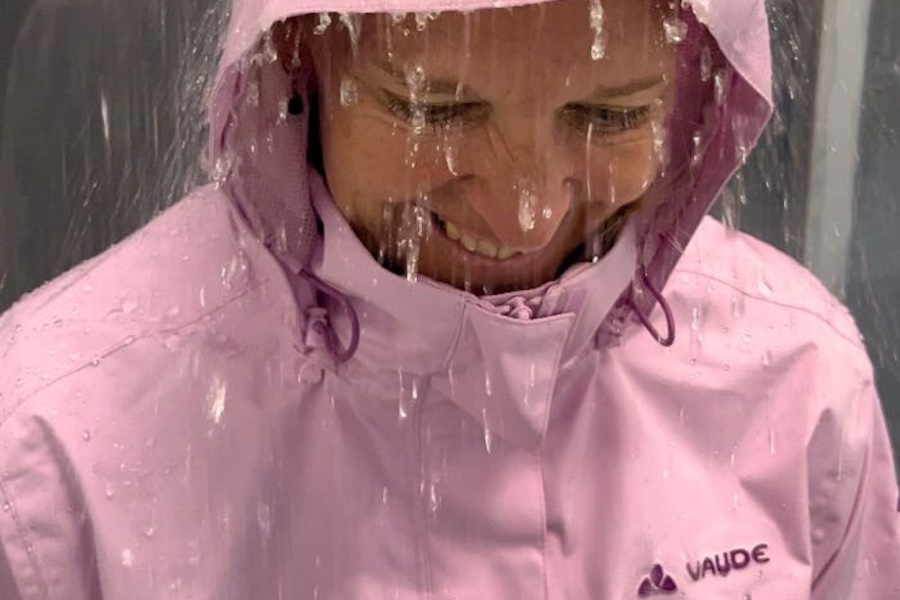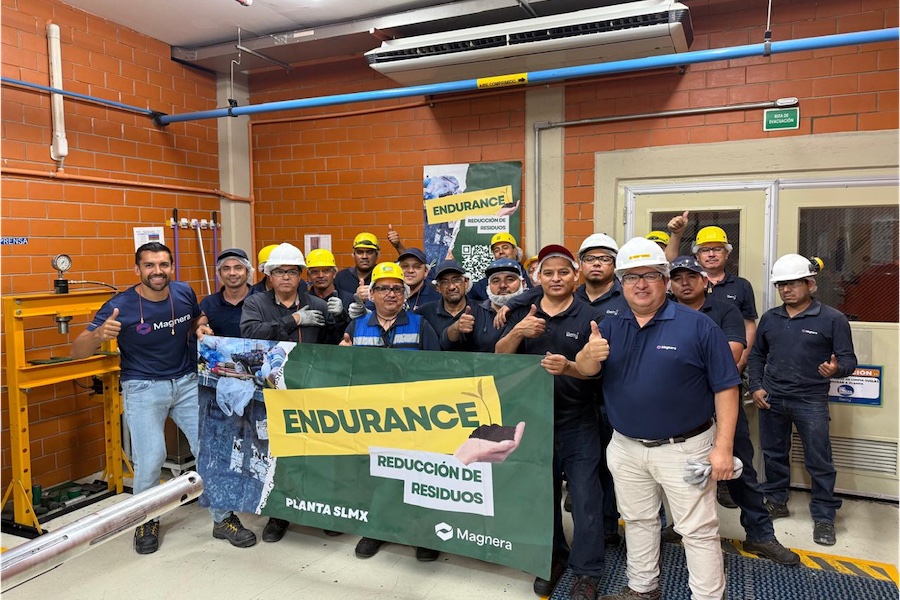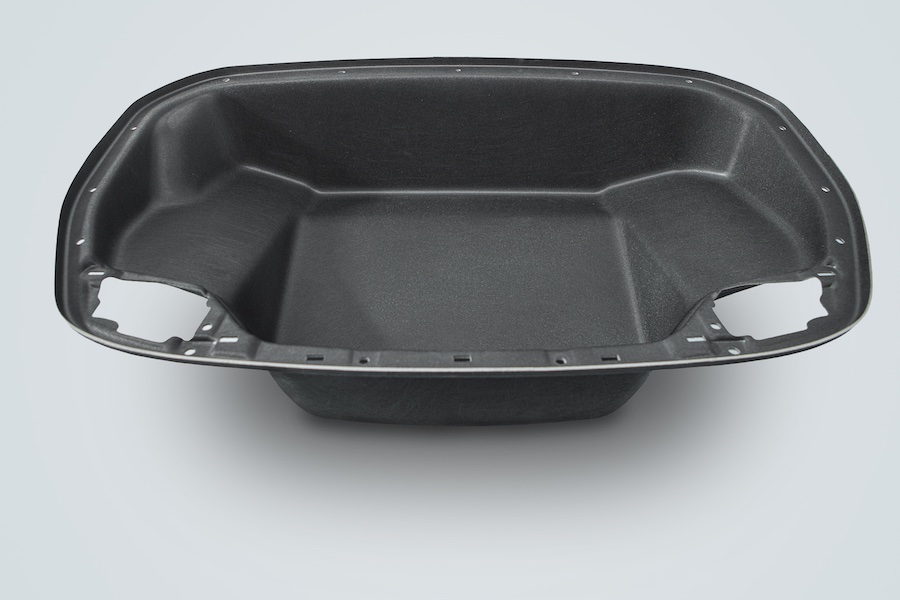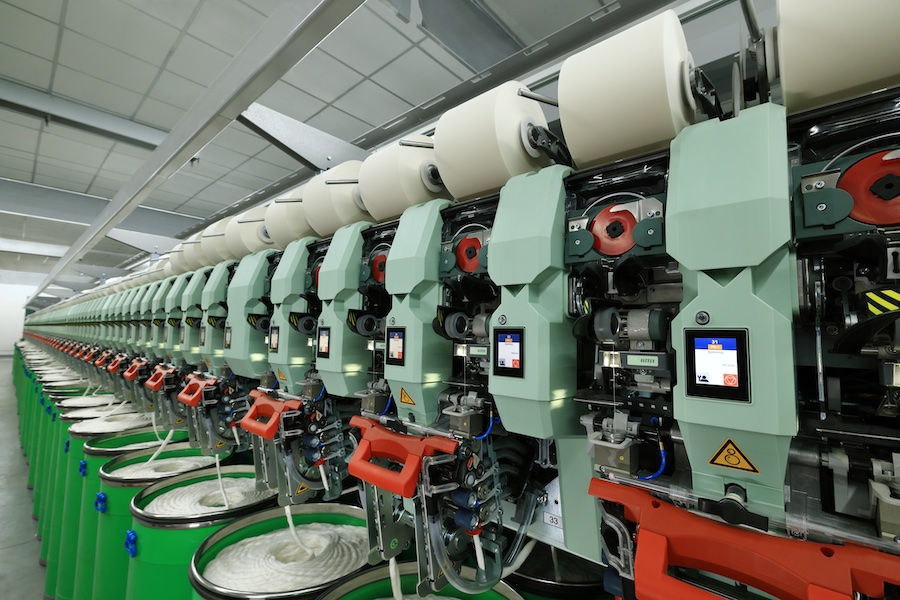#Sustainability
OEKO-TEX® - New regulations 2025
Key changes include enhanced organic cotton certification through OEKO-TEX® ORGANIC COTTON, with inclusion in OEKO-TEX® MADE IN GREEN, stricter BPA limits under OEKO-TEX® STANDARD 100 and rigorous transparency requirements for leather supply chains under OEKO-TEX® LEATHER STANDARD. The expanded OEKO-TEX® ECO PASSPORT will include commodity chemicals and biodegradability verification. The revised standards will take effect on 1st April 2025, following the transition period.
STANDARD 100: New organic cotton rule and BPA safety
Clear communication and transparency are of great importance for the OEKO-TEX® community. Starting 1st April 2025, OEKO-TEX® STANDARD 100 certification will not include any claims of “GMO-free” or “organic” cotton in the certificate scopes. Certifying cotton as “organic” is now achievable through OEKO-TEX® ORGANIC COTTON. This decision is driven by the dedication to maintaining the highest standards of safety and compliance and was implemented to enhance oversight of certified organic cotton, an area where fraud is prevalent. OEKO-TEX® aims to certify only genuinely trustworthy organic cotton as such. This change specifically pertains to cotton materials. Other organic materials such as hemp, linen or wool remain unaffected.
After consultation with internal and external toxicologists, OEKO-TEX® reduced the limit value of Bisphenol A (BPA) from 100 to 10mg/kg. The chemical was often found in tests of textiles that are worn directly on the skin. Endocrinologists and the WHO categorize BPA as an endocrine disruptor, a substance that, if it enters the body even in small amounts, can change the hormonal system.
LEATHER STANDARD: Ahead of Europe’s Deforestation Regulation (EUDR)
As part of the European Green Deal and the 2030 EU Biodiversity Strategy, the European Commission adopted a new regulation in May 2024. One of the most significant challenges posed by the European Deforestation Regulation (EUDR) is the requirement for leather supply chain transparency. Companies must trace the origins of their leather products to ensure they do not contribute to deforestation. The EUDR was supposed to come into force at the end of 2024 but was postponed by one year in November 2024. However, for hides and leather products from cattle and calves, proof of origin (e.g. delivery notes from the slaughterhouse) is required to earn OEKO-TEX® LEATHER STANDARD certification.
MADE IN GREEN: Adding ORGANIC COTTON certification option
The OEKO-TEX® MADE IN GREEN label recognises OEKO-TEX® ORGANIC COTTON as product certificate in addition to STANDARD 100 and LEATHER STANDARD. This allows companies that have their cotton products certified to combine the strengths of both OEKO-TEX® standards: supply chain traceability and verification from farm to product with responsible and safe production.
STeP: Enhanced ZDHC cooperation boosting sustainability in textiles and leather
OEKO-TEX® STeP customers are now eligible to participate in the ZDHC Supplier to Zero Programme. The collaboration between ZDHC and OEKO-TEX® aims is to empower the textile, apparel, footwear and leather industries to improve environmental impact by optimising guidelines and solutions through joint efforts. To strengthen the impact OEKO-TEX® STeP certificate holders are now eligible to participate in the ZDHC Supplier to Zero Programme. Companies can upload their STeP certificate and report to the ZDHC Supplier Platform for acknowledgement within the Supplier to Zero Programme.
ECO PASSPORT: Expanding scope and highlighting biodegradability
Starting in 2025, OEKO-TEX® ECO PASSPORT will expand its certification scope beyond chemicals specialised for textile and leather applications to include commodity and maintenance chemicals. Commodity chemicals, widely produced and used at the start of supply chains, will enable broader monitoring across the textile and leather sector. This expansion aims to phase out harmful substances earlier, enhance worker safety and prioritise environmental protection. Additionally, second-life commodity chemicals will be subject to more frequent testing to ensure quality.
ECO PASSPORT customers will be able highlight the biodegradability of their chemical products on their certificates. OEKO-TEX® considers biodegradability a key factor in sustainable textile and leather production, with greater impact the earlier it is implemented in the supply chain. Certified surfactants, softeners or complexing agents must provide proof of biodegradability, verified either by an OEKO-TEX® institute or an approved third party. Existing certified products in these categories have a one-year transition period to comply.



